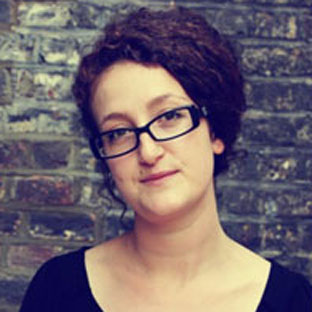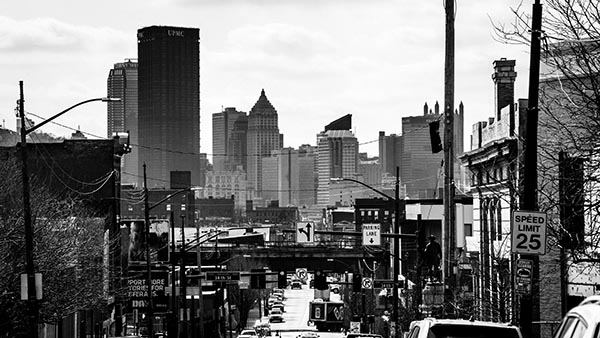As a type this I am sitting on a train that has unwittingly and unwillingly gone rogue. We are a train in search of direction. We are driving; we have a driver; we have a guard; we even have a spare driver. But there is no-one in charge. It is not clear at what speed we should be going, where exactly we are going, how we are going to attach ourselves to our sister train, where we should be stopping and at what time we are supposed to arriving, wherever it is that we are aiming to be.
Here in the first carriage we are party to the confusion that happens when something is put in motion – in this case a train – before anyone is quite sure of where and how it will end up in whatever becomes its destination. London is the aim, but apparently the route is now completely scrambled: via the valleys, not via the coast, to the chagrin of whoever it was who may have been heading to Horsham.
Now, in the case of this train, it is quite clear that it was quite unwise to pack us up on our merry way without having a clear plan of how the track-side fires (!) were going to disrupt our progress. Cue very stressed workers, many frantic phone calls to locate the elusive signaller, and, no doubt, some pretty angry passengers who found they were on an entirely different journey to the one they had signed up for.
In the case of community development on the other hand.... well this train-ride feels pretty apt. You generally have some vague idea of where you want to end up – the final destination a thriving community – but all tend to disagree on what the stops will be along the way, and how the various bits of the map join up to form the picture as a whole.
Back on the train, the complexity continues. If we stop at three bridges, how will we connect to our sister train in Hayward's Heath? Will there be more fires along the way? Will the elusive controller ever show up? Real-life often feels like this. Conflicting priorities and schedules that all glue together – or not – in ways that are often unclear at the start, and likely to change once we are in motion.
If you want people to be happier do you focus on connecting people to volunteering opportunities – shown to improve well-being – or maybe try and include major employers in project design? Do we have the skills to attract the employers we need? Would a young person's project now make all this easier five years down the line? If you highlight a great local person as a local champion will it make things easier for them – maybe through recognition and funding – or will you just over-burden them with continual requests for unpaid Big Society mongering?
As it turned out, the rogue train was faster that it would have been, scheduled; order was eventually restored and fires – one hopes – finally put out. But community development? Well that all feels rather rogue at the moment: entrenched difficulties, little funds, conflicting versions of what will work... I suppose that the secret is that when it comes to the ultimate aim – flourishing communities – no-one is actually charge. There is no manager to complain to. So what are we going to do about it?
I think mapping is important: it would be useful if everyone trying to change a given situation is a least clear on the 'you are here' side of things. I think being honest about what you can and can't do is important: no-one can solve everything, and that is ok. The RSA is interested in the idea of viewing public servants more as facilitators than as solvers; at encouraging experimentation instead of labouring away that the same projects that do not quite work. What do you think?
Related articles
-
Will Covid-19 transform local public services?
Joan Munro
The way local public sector leaders pulled together has created an opportunity for transformational changes.
-
Glasgow and Pittsburgh: cities of steel
Jamie Cooke
New partnership between two cities with a bright future.
-
Changing how we see heritage can help us build back better
Becca Antink
How the heritage sector is making a difference in local communities.




Be the first to write a comment
Comments
Please login to post a comment or reply
Don't have an account? Click here to register.